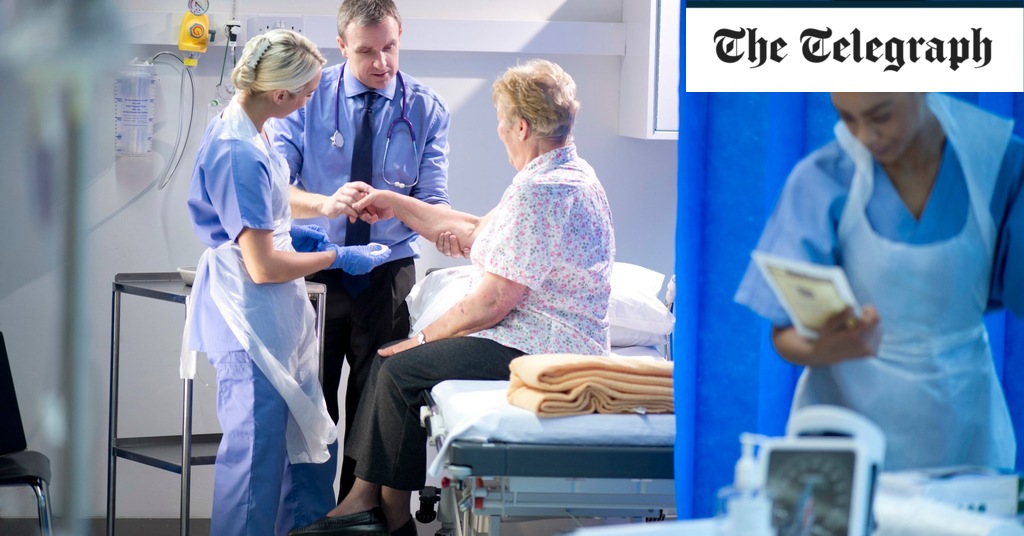Women spend an average of nine years in poor health – and it is often driven by prejudice rather than biology, says report
Closing the “gender health gap” could add an extra $1 trillion (£790bn) to the global economy, according to the first report to quantify the financial impact of discrimination in health against women.
The gender health gap is the difference in the standard of health care women receive compared to men – and is reflected in different health outcomes.
“On average, women spend nine years of their lives in poor health, and the majority of these are during working age,” said Dr Lucy Pérez, a co-author of the report.
Much of this time spent in poor health is caused by prejudice rather than biology.
For example, a study conducted in Denmark over 21 years showed that women received diagnoses later than after men for more than 700 different diseases. For cancer, it took women two and a half years longer to be diagnosed. For diabetes, the extra wait was four and a half years.
Similar differences are found in health systems the world over, including the UK.



Everything under the sun is blamed on our reproductive system.
Stomach pain? Just your period. Feeling lethargic/tired? Period, of course. Golf ball size hole in the head? Period, silly!
It’s fun going to the doc as a woman who has been sterilized and uses long-term hormones because they try so so hard to blame things on maybe being pregnant or my periods, but nope, never pregnant, not able, and haven’t had a period in a decade so that’s not it, try again lazy fuck.
Beyond that, there’s a common view that women are exaggerating their pain/discomfort, when research in fact shows women have a higher pain threshold than men.
And to top it off, women’s symptoms are often substantially different than men’s, yet men are what is studied (because aparently hormone fluctuations are too much of a confounding factor to bother studying half the population), so quite often, doctors don’t even know to associate things like being nauseous and having lower back pain with a heart attack, yet those are fairly common symptoms for women. Also, as above, very easy to say it’s just period discomfort.
Ah that is unfortunate. Thank you for explaining.